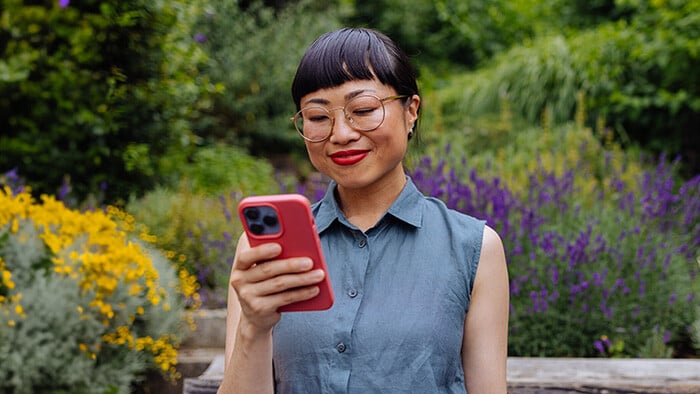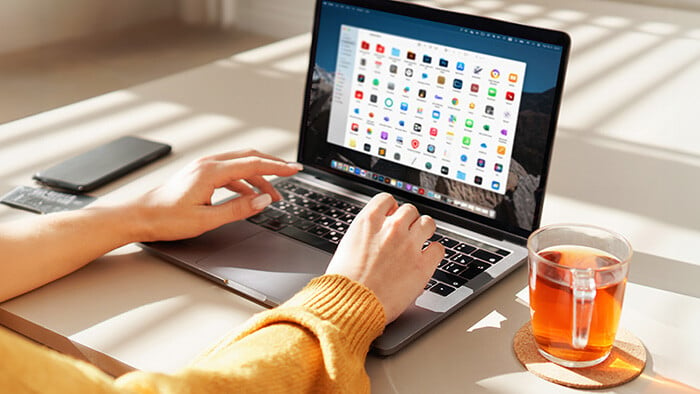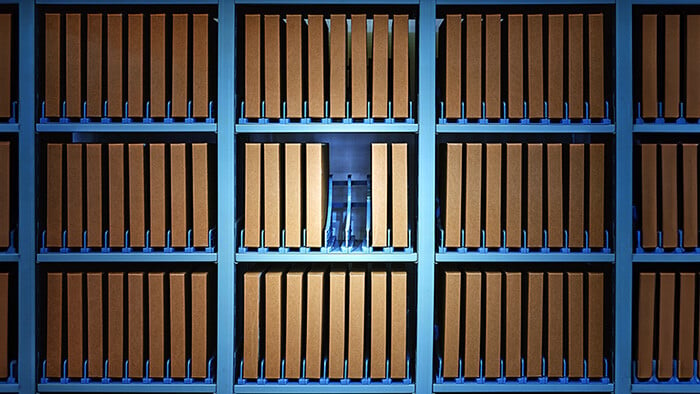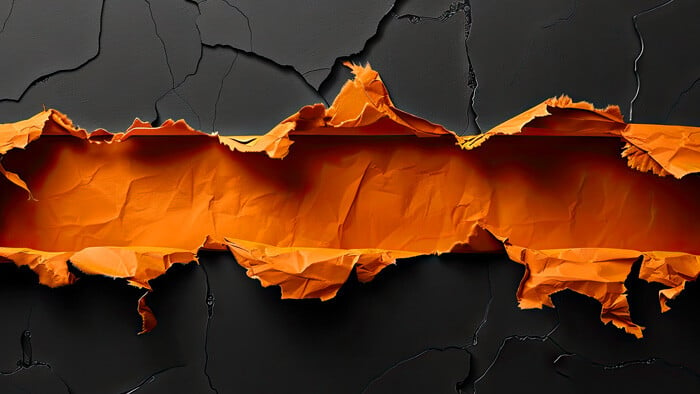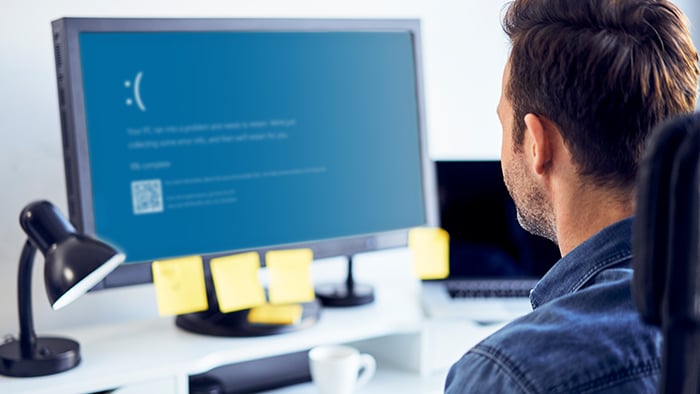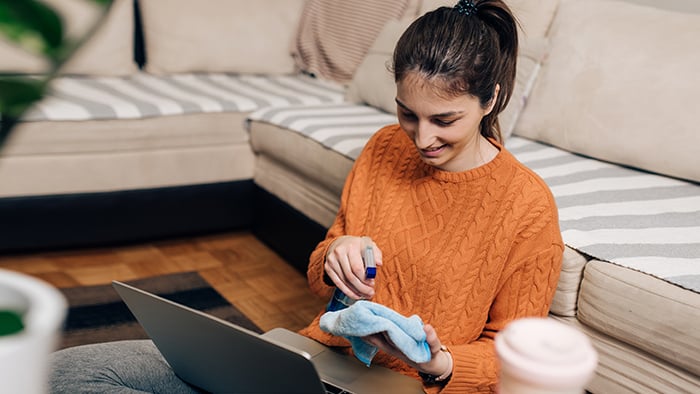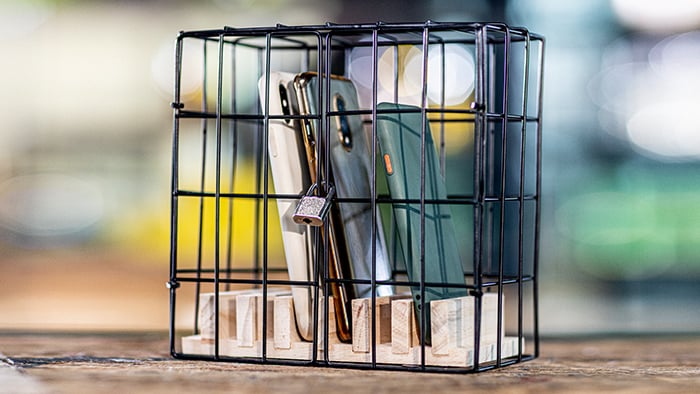What is Cached Data?
Cached data is information stored in a temporary storage location on your computer or device. After you open an app or visit a website for the first time, information such as files, scripts, and images are stored on your device. Accessing those temporary files helps your phone load apps and websites faster the next time you open them.
But cached data can quickly fill up your phone’s storage. When you clear your cache, you wipe all multimedia and non-essential data from the targeted application.
Some apps monitor cached data themselves. Spotify, for example, clears the quick-loading cache for albums constantly, helping them load more quickly (any data related to core app functions will remain, such as albums you’ve downloaded).
In other apps, functions such as your game progress or bookmarks are safe from cache-clearing as well. But poorly designed apps stuff Android’s cached data partition full of junk. To optimize your phone, start by clearing the cache on Android, then move on to our other tips to tidy up your Android phone or tablet.
While caches help apps load more quickly, cookies help store user preferences, auto-fill form data, and log your browsing history. And that data can pile up as well, so it’s good device hygiene to clear your cookies on Android and clear the cache and cookies on your iPhone periodically, too.
Common types of cached data
Nearly every process on your phone or computer uses cached data or creates it. Here are the main types of cached data found on any device:
-
App cache: Cached app data allows apps to load faster and respond better to user interactions. Each app creates, stores, and manages its own cache of temporary data, which means their storage footprint can get very bloated over time.
-
Browser cache: Your browser cache collects and stores temporary data like image files or login details from every webpage you visit. That helps your browser deliver a faster and more data efficient browsing experience.
-
System cache: Just as apps use temporary data, operating systems also use cached scripts and files to work more smoothly. These data files are stored separately in your system cache.
How to clear browser cache on Android
Here’s how to clear the browser cache on Android (for Chrome):
-
Open Chrome.
-
At the top-right, tap on the three vertical dots to open the Chrome options menu.
/img_01.png?width=350&name=img_01.png)
-
Tap History.
/img_02.png?width=350&name=img_02.png)
-
Tap Clear browsing data…
/img_03.png?width=350&name=img_03.png)
-
Check “Cached images and files.”
/img_04.png?width=350&name=img_04.png)
-
Next to “Time range,” choose a time range. Selecting All time will delete your entire Chrome cache./img_05.png?width=350&name=img_05.png)
-
Tap Clear data.
That’s how you can improve mobile Chrome performance by clearing cached data on Android. You can also clear your browser history by checking the Browsing history box in Step 5. If you don’t use Chrome, check out how to clear your browser history in other browsers. Or, if you want to clear your cache on Mac, we have you covered there too.
If you don’t want to be on cleanup duty all the time, a browser cleaner tool can clear your cache and cookies automatically.
How to clear app cache on Android
Clearing your cache can reclaim precious storage space on your phone and resolve technical issues such as app slowdowns. We’ll show you what clearing your cache does for your phone.
Here’s how to clear your app cache on Android:
-
Open Settings and tap Storage.
/img_06.png?width=350&name=img_06.png)
-
Choose if you want to clear the cache on Photo & video apps, games, or another category, or tap Other apps to get an overview of all your apps.
/img_07.png?width=350&name=img_07.png)
-
Tap the three dots in the right corner and choose Sort by size to see which of your apps are taking up the most storage space.
/img_08.png?width=350&name=img_08.png)
-
Now select an app and tap Clear cache.
/img_09.png?width=350&name=img_09.png)
That’s one way to clear your app cache on Android. You can delete app data for any Android app with the same steps. Clear the app cache files of any app you think is causing performance issues, or delete app data for any apps you want to open with a clean slate. You’ll get some storage space back, but nothing you’ve downloaded will be deleted. Depending on the app, user data such as your preferences or search history may be reset.
If your phone is still sluggish after clearing a fishy app’s cache, you might have what is known as bloatware. Bloatware can float onto your phone sources such as from shady ads, so get one of the best ad blockers for Android to stay one step ahead.
It’s hard to keep track of all the digital trash that mobile apps leave behind. It’s a lot faster to use a cleanup app instead of going through all your apps one by one. With handy tools to clean up and optimize your phone, a free tuneup app like Avast Cleanup for Android will tidy up all the digital leftovers with just a few taps.
Will this work for Instagram, Facebook, YouTube, etc.?
Yes, clearing the app cache for popular social media apps will clean out the temporary files of those apps. If you clear your instagram cache, the ghosts of all those photos you hearted months ago will no longer haunt your phone’s memory. If you clear your Facebook cache, that epic GIF battle will have no more fossils in your phone storage. And if you clear your YouTube cache, all those videos you abandoned mid-stream will have to load anew.
Clearing app data will force you to log in again, so be careful if you tend to forget your passwords. Don’t absentmindedly log into the Facebook app to clear your cache and then clear your data by accident! It can be a pain to recover passwords and login info for ancient accounts.
If you use Chrome and clear your YouTube cache on Android, you’ll stay logged in, because Google owns YouTube. Avoid password issues by brushing up on strong password ideas or getting a password manager.
Some people worry that clearing their Facebook, YouTube, or Instagram cache will delete their account, but don’t fret. Your accounts are safe, because social media apps keep account data in the cloud. Social media companies also keep track of your behavior, so learn how to download your Google data or export your Facebook data if you’re curious what Big Tech is gathering on you.
If you want to limit what Facebook gathers on you in the future, check out how to change your privacy preferences on Facebook, or how to change your Instagram privacy settings if that’s your platform of choice. Though it won’t protect you fully, taking a few moments to tinker with your privacy preferences can keep a lot of your data from prying eyes.
Why clear the cache on an Android phone?
Clearing your cache on Android can free up valuable space and resolve issues with your phone’s battery, speed, and security. Old cached data can corrupt, causing larger performance problems. If a particular app receives an update, the cached data from a previous version can cause conflict. And safety-wise, you don’t want your sensitive details sitting in a browser cache for months waiting for a wily hacker to pick them off.
You can clear all the caches on Android at once if you use an older version, but in newer updates you have to clear caches individually. If you have a Samsung Galaxy, the only way to clear your Android cache at once is through a factory reset. Some people worry about what happens when you empty the cache partition, but the worst case scenario is that you’ll have to sit through load times for every app again.
Clearing caches won’t solve all phone problems. Check out how to speed up your Android if your phone is constantly slow.
How often should you clear cache on your Android phone?
You should clear cached data on Android periodically, depending on how heavily you use your Android device. Obsessively clearing your Android cache would be counterproductive, since the point of saving temporary files is to make your regular app experience smoother. But after a while, too much of anything can cause a mess.
It might feel great to completely delete your cache on Android if you don’t know what app is causing a problem. But it’s better to use a cleanup app that can detect problematic app behavior and resolve it automatically.
Automate the cache clearing process with Avast Cleanup
App clutter piles up so fast it's hard to keep up. Avast Cleanup for Android is a cache cleaning app that flushes out bad files and other digital junk. It can also sniff out invisible caches and any advertiser caches snooping on you.
Avast Cleanup will empty long-forgotten folders buried deep in your storage, streamline apps to save battery life, and even help you sift through your photo stash for duplicates and shoddy images. Keep clear of cache troubles forever. Get Avast Cleanup today and reclaim your phone’s territory for free.
/Academy-How-to-clear-cached-data-on-Android-Hero.jpg?width=1200&name=Academy-How-to-clear-cached-data-on-Android-Hero.jpg)
/img_01.png?width=350&name=img_01.png)
/img_02.png?width=350&name=img_02.png)
/img_03.png?width=350&name=img_03.png)
/img_04.png?width=350&name=img_04.png)
/img_05.png?width=350&name=img_05.png)
/img_06.png?width=350&name=img_06.png)
/img_07.png?width=350&name=img_07.png)
/img_08.png?width=350&name=img_08.png)
/img_09.png?width=350&name=img_09.png)
